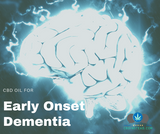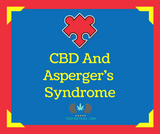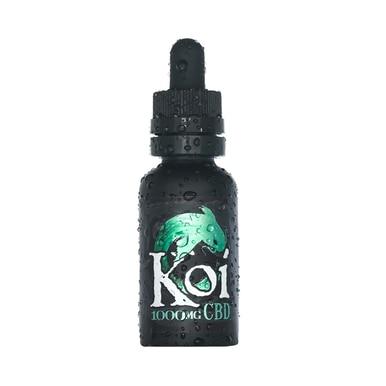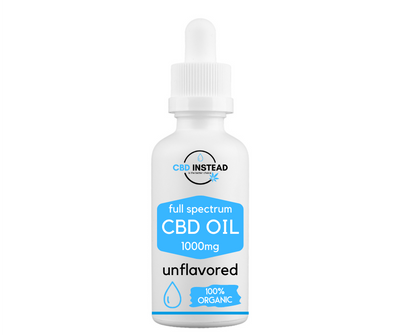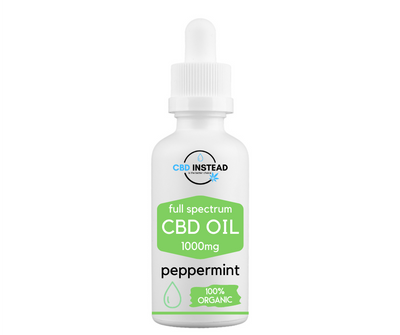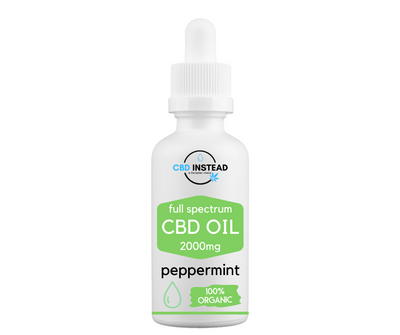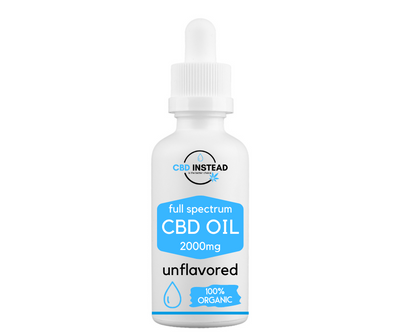Teens are more depressed these past ten years than ever. While teenage angst is a very normal thing, it could be masking deeper issues that need to be addressed. Your teen also needs to be handled in a different way when they are experiencing depression because some of your actions could make it worse. So how do you know if your teen is depressed or just hormonal?
Teens And Depression

Teens can have depression just like adults. In fact, an estimated 3.1 million adolescents from ages 2 to 17 reported having a depressive episode at least once in 2016. Of those 3 million teens, 60% of them weren’t receiving treatment.
As parents, you are the first line of defense when it comes to helping your teen navigate through their life. There are signs and symptoms to watch out for that can indicate that your child is going through more than a phase.
Symptoms Of Depression In Teens
Anger
Your teen is starting to get angry more often and even hostile. While this can be normal in teens who are dealing with hormonal changes, when these events last for long periods of time or are very severe it might be time to seek help.
Changes In Eating Habits
We all know that teenage boys can make their way through a fridge. But when your child’s overeating starts to affect their health, it could be a sign of depression. People who are depressed can also under eat, making them lose an unhealthy amount of weight.
Changes In Sleep
Teenagers need a lot of sleep, but too much sleep could be a sign of depression. If they are sleeping their days away and only come out of their room for air when they have to, sit down and have a talk with them. If they seem tired all of the time and complain about getting no sleep, this can also be a sign of depression.
Feeling Guilty
Does your teen often think that they are unworthy of things? Whether it is something at school or home? Do they often take the blame for things that aren’t their fault? Depression can cause someone to have a feeling of guilt or feeling undeserving. If they lack the confidence to accept love, they may need help.
Lack Of Hygiene
Do you have to remind your teen to take a shower every day? How about brushing their teeth or combing their hair? While some hairstyles can be a certain look you haven’t learned to appreciate yet, not taking a shower isn’t healthy and is never in style. If they are neglecting their basic needs, it could be that depression has taken away the motivation to do so.
Loss Of Interest
Has your child lost enthusiasm they used to have? Not changing interests like going from barbies to make up, but losing interest in general? Have they stopped doing their homework? Have they stopped going to activities they used to enjoy? Even not doing things they don’t like such as school projects can be a sign of depression.
Difficulty In School
Depression can make it difficult to concentrate and almost impossible to have motivation. If their grades are starting to slip or they are skipping classes, you need to have a conversation with them and their teachers to find the cause of it. It could be a teen being a teen, but you need to make sure it isn’t a cry for help.
Hiding Symptoms
Whenever they are down do they try to pretend like everything is okay? Do they try to mask the way that they feel? This is a sign of poor coping mechanisms of just pushing emotions aside for the sake of others or because of the inability to deal with the emotions.
Hopelessness
Does your teen express how it doesn’t matter how hard they try? They will never have friends or get good grades? If they have already given up, this isn’t a good sign. This can contribute to their lack of motivation if they believe that nothing that they do matters.
Self-Medication
Teenagers shouldn’t be smoking cigarettes or drinking alcohol. For one, it is terrible for their body. Another thing is that it makes them reliant on a substance early on in their life taking away any chance of developing coping mechanisms. If your teen is starting to use drugs, you need to have a serious discussion.
Isolation
Not everyone is an extrovert and not every teen wants to go out with a bunch of friends. But when a teen isn’t seeing any people, this can be an issue. High school is a time to start practicing social skills. If they opt out, this can create problems in their future. If they have no desire to see other people, talk with them about it and find out if it is because they just enjoy their own company or they are depressed.
Taking Risks
Teens love taking risks, and it is their hormones to blame. That rush feels ten times stronger because of what their brain is going through. But when their reckless behavior starts to interfere with their social life, school work, and home life, this is when it becomes a problem. Talk to your teen about what exactly they are looking for in these behaviors.
Negative Thinking
Does your teen mope around the house for long periods of time? Do they always have something negative to say at the dinner table? If your teen is sad all of the time and constantly in a negative state of mind, this could be a product of depression.
Self-Harming Behaviors
This sign is a little bit more obvious than being moody or skipping showers. When your teen is starting to hurt themselves, this is a cry for help. They no longer have the ability to deal with what is going on inside of them and this is the best coping mechanism that they can come up with.
Giving Things Away
If your teen is giving away prized possessions to loved ones, this is a huge red flag. Many people who are starting to think of suicide will leave behind items for their loved ones to remember them. They may finally pick up their room and make it to where if they go, there is little mess for anyone to clean up. Look for these signs because they are very dangerous.
Thoughts Of Death Or Suicide
Your teen might flat out come out and tell you that they want to take their own life. Don’t make this conversation scary for them or they might never tell you anything else ever again. But if they come to you with this information, you need to seek help immediately. This is the last stage of the symptoms, after this, it can get to a point where it is too late to get help.

How Did Your Teen Get Depressed?
There is a common assumption that teens can’t get depressed. That they are just moody and distant because that’s what teens do. But this isn’t the case. Teens can get depressed just like adults, and this misconception may be the reason, so few are getting help. Depression in teens comes from their biology and environment. Knowing how your teen gets depression is the first step towards finding the right method of treatment.
Brain Chemistry
Your brain has billions of cells and components that all need to work together to work correctly. You have neurotransmitters that send messages throughout the brain and when they are impaired, or malfunction, mental illnesses like depression can develop.
Heredity
If you, your spouse, or any blood relatives have had depression before, your child may develop the illness as well. This can give you insight on what to look out for if you have dealt with this disorder before.
Trauma
Children can experience trauma just like adults. Physical, emotional, or sexual abuse can all lead to depression in your teen. If they lose a parent or any unexpected negative events happen they can also start to develop depression.
Learned Behavior
Children can learn to think negatively from everyone around them. If you are constantly negative out loud, that could become the voice that they hear inside their head. Instead of learning coping mechanisms and how to find solutions, they are learning how to be hopeless.
Risk Factors Of Depression In Teens
- Learning disabilities
- Anxiety disorders
- Autism
- Bullying
- Physical disability
- Being a part of the LGBTQ community
- Drug abuse
- Low self-esteem
- Eating disorders
- Chronic illnesses
What Do Doctors Look For?
The main things that doctors look for when diagnosing depression in teens are the length of the symptoms, how it affects their life, and how severe these symptoms are. If your teen is experiencing these symptoms for more than two weeks at a time, your may advise treatment. If your teen is having thoughts of suicide, they may even take it a step further and suggest inpatient programs to keep them safe while they learn new coping mechanisms in a mental health facility.
What Do You Do When Your Teen Has Depression?
Prevention
There are ways you can try to prevent your teen from developing depression. Though, not all of these tips will work because some people are born with imbalanced brain chemistry.
Ways To Prevent Depression In Teens
- Teach them how to manage stress
- Reach out to friends and family for support
- Allow them to be open about their emotions and feelings
- Have common conversations about their life and how they feel
Communicate
If you are noticing these symptoms in your child, you need to sit down and talk with them. Talk to them about how they feel. Ask them about their hopes and their dreams. Really get to know your teen and find out where these symptoms are stemming from and ask what you can do to help.
Seek Out Help
Therapists are wonderful tools to help people learn how to navigate through adolescence with depression. They have proven methods of teaching teens how to cope with their emotions and how to express themselves in a healthy way. Seeing a doctor about medication may also be beneficial to you and your teen. If you are uncomfortable with putting your teen on anti-depressants, CBD oil may be able to help relieve their symptoms of depression.
How CBD Oil Can Help With Your Teen’s Depression

CBD oil has shown in studies it may be an effective depression treatment. In a study published this year, a rodent model showed to have anti-depressant like effects within just thirty minutes of being administered CBD oil. Chemicals that are normally lacking in depressed brains were elevated, and chemicals that promote neurogenesis and healing were elevated as well.
If you would like your teen to take CBD oil for depression, talk to their doctor first. If they are on any other medication, CBD oil can interfere with it making the medicine less effective. Your teen’s doctor can also help to monitor your child’s condition to make sure this is the right route to take. For high-quality lab tested products, look no further than our CBD Instead shop!
What were some signs that you noticed your teen was more than just angsty? We would love to hear about it in the comment section below.












